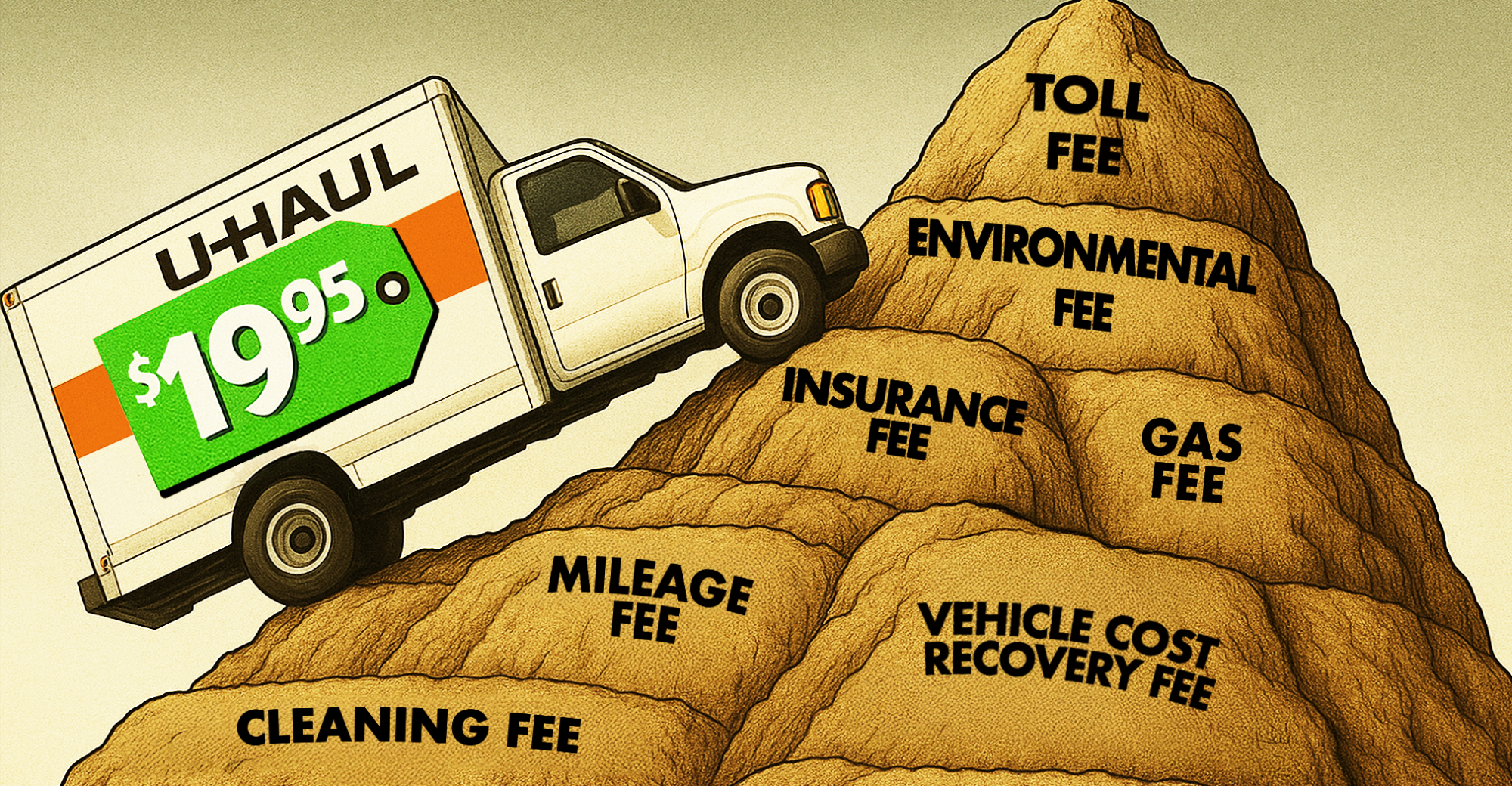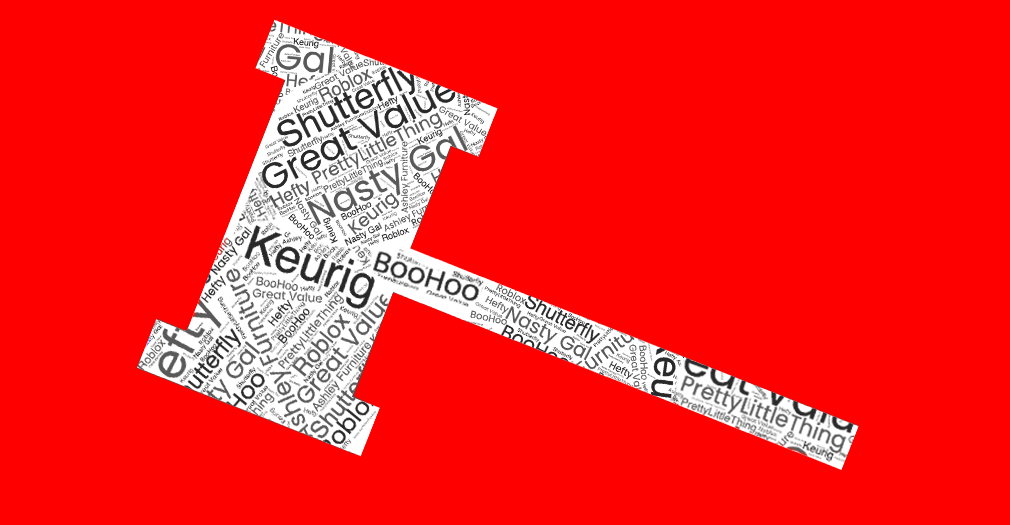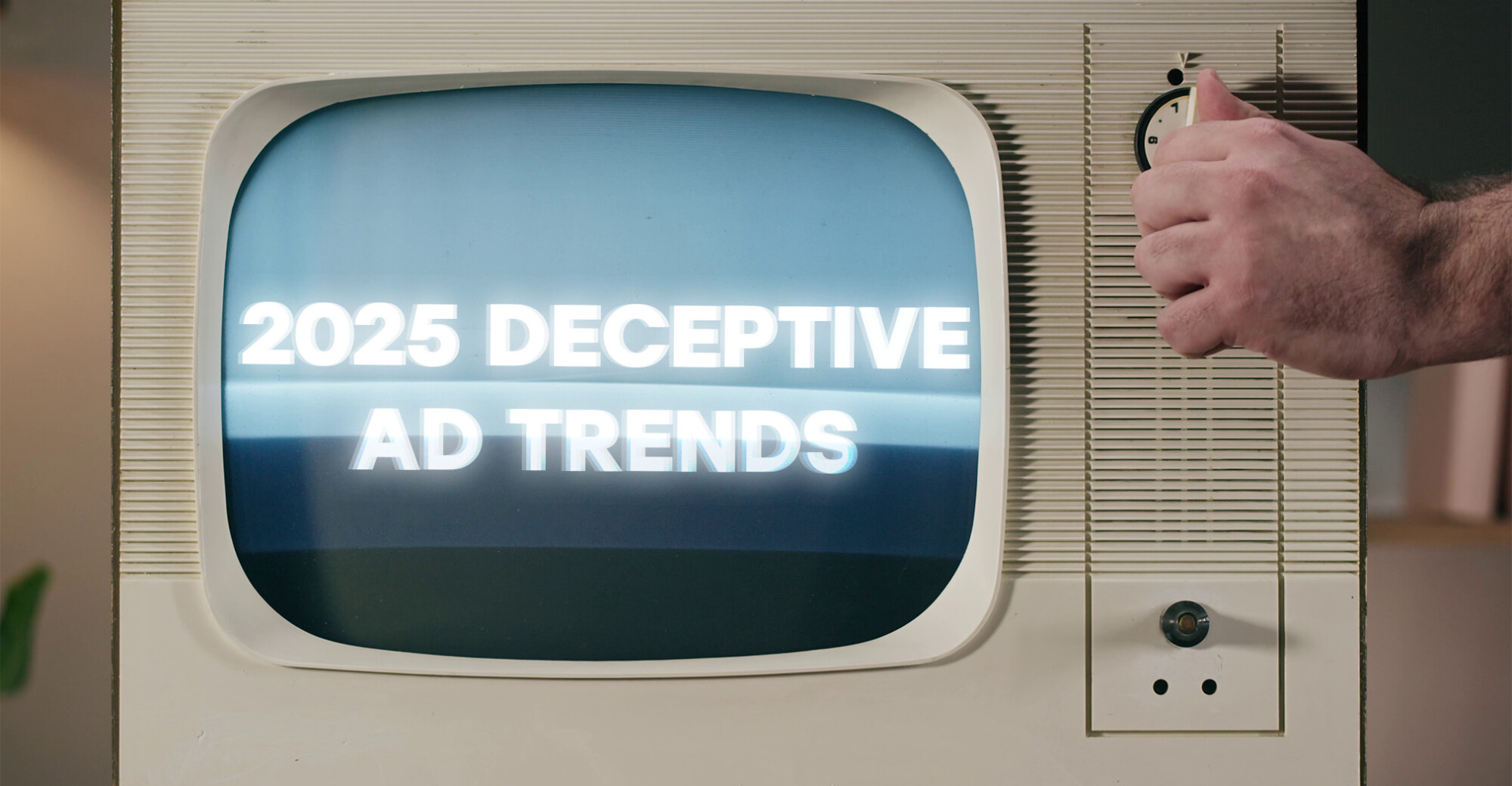
U-Haul Needs to Pack Up Its Deceptive ‘$19.95’ Truck Ads
TINA.org calls on regulators to stop moving company’s bait and switch.
Class-action settlements that left consumers behind this year.
It’s not always the case that a class-action settlement resolving allegations of false advertising or deceptive marketing results in what’s best for consumers. Here are some of those that left consumers (or class members as they are known in litigation) out in the cold this year.
Roblox
After a lawsuit accused Roblox of operating a “content-deletion scheme,” in which the online gaming giant allegedly deleted users’ purchased in-game items without warning or explanation, and without any refund, it looked like there might be compensation for the losses suffered by millions of kids – or, at the very least, a change in the platform’s ways for the better. Instead, the settlement only requires Roblox to provide the overwhelming majority of class members with Robux credits (Roblox’s virtual currency) instead of cash, meaning that users are required to go back on Roblox (which may or may not delete their content again and may or may not refund them) and make more purchases if they want to receive any kind of “compensation” from the settlement. (As of today, Roblox’s terms of use still state that Roblox “has the right … to remove … any content … without advance notice [and] … shall not be liable to any User for any losses” and “is not required to refund any Robux or other funds that a User has spent on any removed or suspended content … .”) Interestingly, the named plaintiff, through counsel, previously described this kind of recovery as “ineffective” and “insufficient” – but that was before the plaintiff’s counsel was slated to receive $2.5 million for agreeing to these terms.
For all these reasons, and more, TINA.org filed an amicus curiae (i.e., “friend of the court”) brief opposing the terms of the proposed settlement in July. But it wasn’t enough: In October, the court approved the settlement.
(To read more about TINA.org’s efforts to rein in deceptive advertising aimed at kids on Roblox, click here.)
Keurig
While most consumers think the word “recyclable” means the advertised product will be recycled most of the time, and the vast majority of consumers think the chasing arrows logo means the product can definitely be recycled, some companies like Keurig have adopted a different definition. These companies take the position that as long as a product is recyclable in theory, it’s appropriate to market the product as recyclable – even if it’s not being recycled in reality. In February, a court gave Keurig the green light to continue deceptively marketing its K-Cup coffee pods as recyclable, granting final approval to a settlement that allows the company to carry on with its recyclable claims, provided that it qualifies them with the statement “Check Locally – Not Recycled in Many Communities.” (The lawsuit alleged that dozens of brands of K-Cup coffee pods are too small for recycling facilities to sort so instead of actually getting recycled, they are sent to the landfill.)
Why doesn’t this solve the problem? We’ll quote the FTC, which says in its Green Guides that “an item that is made from recyclable material, but, because of its shape, size, or some other attribute, is not accepted in recycling programs, should not be marketed as recyclable.” The Green Guides also state that marketers “should avoid making inconsistent statements or using distracting elements that could undercut or contradict the disclosure.” In other words, marketers – like Keurig – shouldn’t advertise “this product is recyclable,” and then, beneath the claim, say “just kidding!”
The settlement also does not require the withdrawal or destruction of any existing labels, much less mandate a recall of any of the coffee pods at issue.
Another reason why the settlement wasn’t a winner for consumers? Unless class members had proof of purchase, meaning they saved receipts from what could have been years ago (the qualifying time period goes back as far as 2016), the maximum award they could receive was $5 per household. Meanwhile, the plaintiffs’ attorneys walked away with $3 million.
Hefty and Great Value
Similarly, the agreed-upon marketing changes that came out of a settlement resolving allegations against Reynolds Consumer Products that its Hefty and Great Value products are misleadingly marketed as “recycling bags,” when the products themselves are not recyclable, leave a lot to be desired. The agreement, which was approved by a court in November, generally requires Reynolds to disclose on product labeling that the products are not recyclable, but doesn’t prohibit the company from calling the products “recycling bags.”
And like the Keurig settlement, there are no recalls, and products with existing labels can continue to be sold until the new labels are ready.
Shutterfly, Ashley Furniture, BooHoo, PrettyLittleThing and Nasty Gal
Instead of cash that they can spend however they please, class members who are part of any of these three fictitious pricing settlements will only receive vouchers or gift cards ranging from $5 to $30 in value if the settlements are granted final approval. Why is that a problem? Because vouchers and gift cards are worthless everywhere except with the offending companies, meaning that class members will be forced to engage with the companies that they alleged deceived them (here, by using fake reference prices to artificially increase discounts – ahem, Shutterfly, Ashley Furniture, BooHoo, PrettyLittleThing and Nasty Gal) if they are to receive any “benefit” from the settlements. So who’s the real winner?
Also, the vouchers that are part of the Shutterfly settlement expire after just one year. Meanwhile, plaintiffs’ attorneys in the Shutterfly settlement would get $2.4 million, lawyers in the Ashley Furniture settlement would pocket $700,000 and attorneys in the BooHoo settlement, which encompasses PrettyLittleThing and Nasty Gal, would walk away with $4.2 million, if each of the respective settlements get final approval from the courts.
Read more about the class-action lawsuits we’re tracking here.
TINA.org calls on regulators to stop moving company’s bait and switch.
A closer look at what we’ll be monitoring in the new year.
Consumer complaints worth remembering.


